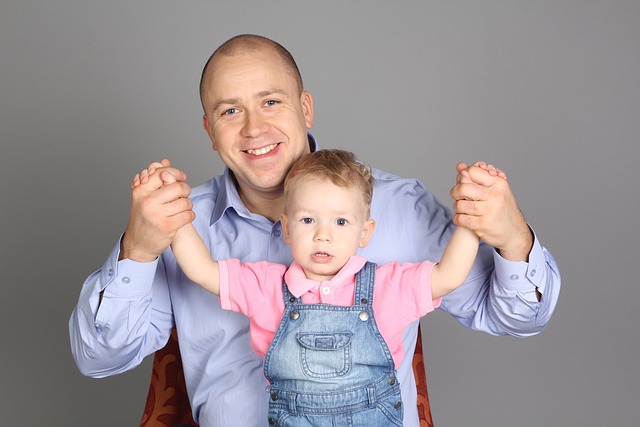Family mediation achieves win-win outcomes through open communication, empathy, and collaborative tools that rebuild trust and strengthen family bonds. Key strategies include active listening, respectful dialogue, shared agreements, and empathetic understanding, all facilitated by mediators to navigate complex issues and create lasting solutions.
In the intricate dance of family mediation, achieving win-win outcomes is not just a goal but an art. This article explores how to foster harmonious resolutions that satisfy all parties involved. We delve into the foundational role of trust-building strategies in fostering effective communication and collaborative problem-solving. By examining shared agreements, we uncover ways to strengthen family bonds, demonstrating that successful mediation goes beyond compromise—it’s about creating mutually beneficial outcomes that nurture lasting relationships.
Understanding Win-Win Outcomes in Family Mediation
In family mediation, a win-win outcome signifies a resolution that benefits all involved parties, fostering a sense of fairness and mutual respect. This approach goes beyond simply reaching an agreement; it involves creating an environment where each family member feels heard, understood, and valued. By implementing effective family trust-building strategies, mediators can facilitate this process. These strategies encourage open communication, promote empathy, and help families navigate their differences with a shared goal of reaching a peaceful and lasting solution.
The key to achieving win-win outcomes lies in recognizing that every family member has unique perspectives and needs. Mediators play a crucial role in guiding conversations, ensuring that all voices are heard and considerations are given due weight. Through structured negotiations, creative problem-solving, and the use of collaborative tools, mediators can help families rebuild trust, strengthen their bonds, and create outcomes that promote long-term well-being for everyone involved.
Building Trust: The Foundation of Effective Communication
In the context of family mediation, building trust is a cornerstone for achieving win-win outcomes. Effective communication hinges on a solid foundation of trust between all parties involved—spouses, children, and sometimes other extended family members. When family members feel heard, respected, and understood, they are more likely to engage openly and honestly in the process. This fosters an environment where complex issues can be addressed without defensiveness or resentment, paving the way for collaborative problem-solving.
Family trust-building strategies include active listening, empathetic understanding, and clear, respectful communication. Mediators play a crucial role by modeling these behaviors, ensuring each family member feels valued and heard. By fostering an atmosphere of trust, mediators enable families to navigate challenging conversations constructively, ultimately leading to mutually agreeable solutions that meet the needs of everyone involved.
Strategies for Collaborative Problem-Solving
In family mediation, fostering a collaborative environment is key to achieving win-win outcomes. Collaborative problem-solving strategies encourage open communication and mutual respect between all parties involved. One effective method is to employ active listening techniques, ensuring each family member feels heard and understood. This simple yet powerful tool can defuse tension and create a safer space for sharing ideas and concerns. By acknowledging and validating everyone’s feelings, mediators and the family can begin to identify common goals and work together towards solutions.
Family trust-building strategies play a pivotal role in this process. Encouraging honest and transparent dialogue helps rebuild fractured relationships. Activities that promote empathy and perspective-taking allow family members to step into each other’s shoes, fostering compassion and mutual support. These strategies not only facilitate problem-solving but also lay the foundation for long-lasting positive interactions, ensuring a more harmonious family dynamic moving forward.
Strengthening Family Bonds Through Shared Agreements
In family mediation, fostering strong bonds and rebuilding trust among family members is a key goal. One effective strategy to achieve this is by encouraging shared agreements. When family members come together to make decisions as a collective, it strengthens their sense of unity and mutual respect. This collaborative approach allows each individual’s voice to be heard and valued, ensuring that everyone feels involved in the resolution process.
Shared agreements create a platform for open communication, where families can navigate conflicts and find common ground. By prioritizing collective needs over individual desires, they learn to compromise and appreciate each other’s perspectives. These agreements act as a foundation for rebuilding trust, fostering an environment of support, and enhancing family relationships in the long term, making it a powerful tool among family trust-building strategies.
Family mediation, when focused on creating win-win outcomes, becomes a powerful tool for fostering healthy relationships and resolving conflicts. By prioritizing open communication, building trust through collaborative problem-solving, and reaching shared agreements, families can strengthen bonds and navigate challenges together. Implementing effective family trust-building strategies ensures that everyone’s needs are considered, leading to lasting solutions and a more harmonious home environment.
